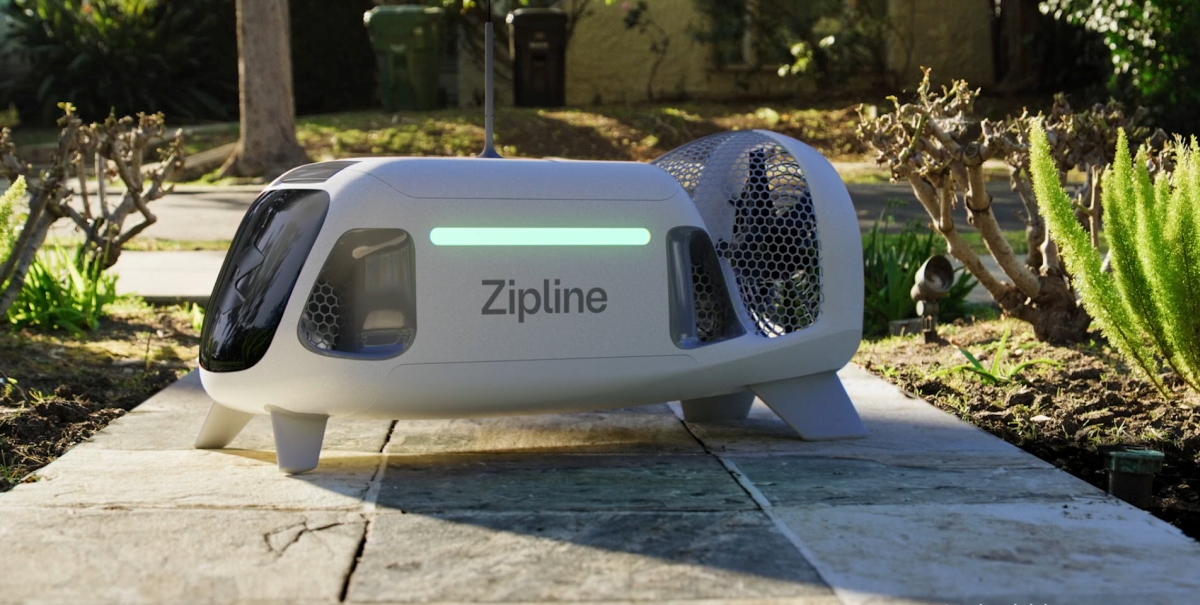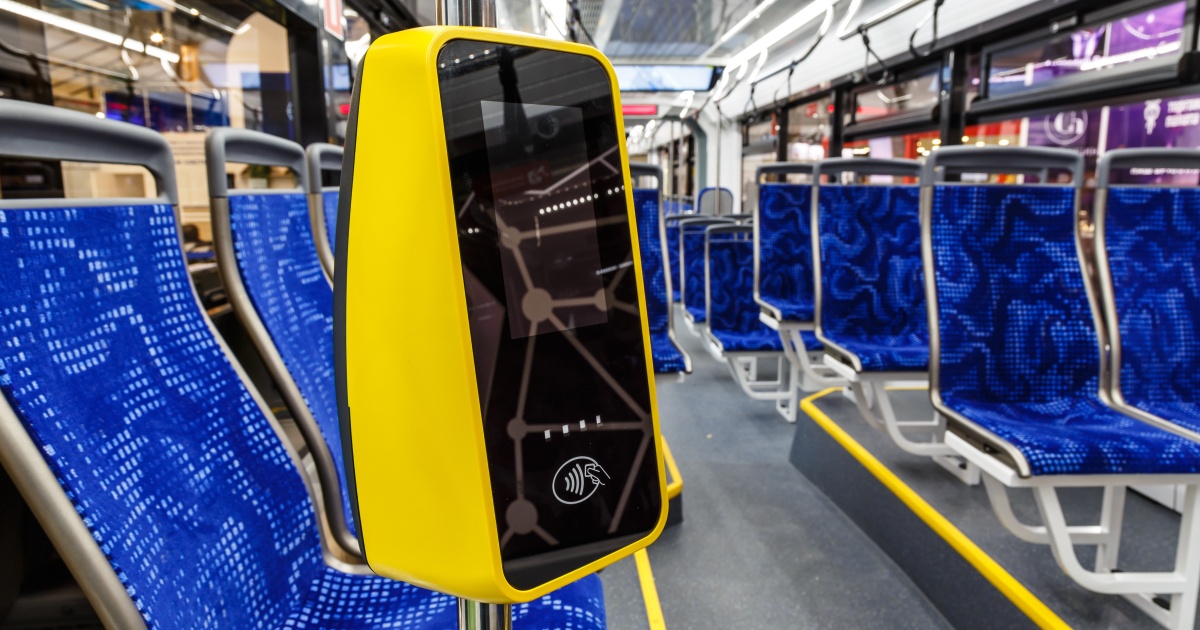As autonomous vehicles get ever closer to road worthiness, California, where the cars are closer to the public road than anywhere else, is developing regulations for the post-testing deployment of the cars.
The regulations will give manufacturers the rules they have to follow in order to certify that their prototypes, and eventual production models, have been successfully tested, meet safety requirements, and are ready for the general public.
On December 16, the California DMV released the draft deployment regulations for public review. There will be two public workshops to allow interested parties to provide input on the draft regulations. The workshops will be in Sacramento on January 28, 2016, and in Los Angeles on February 2, 2016.
California Senate Bill 1298 enacted Vehicle Code Section 38750, which required the DMV to regulate vehicle equipment, equipment performance, safety certifications, and anything else the DMV thinks will be important for safe autonomous driving.
Image via Pixabay
Regulations for testing vehicles on public roads were approved in May 2014, and became effective in September of that year. Eleven manufacturers currently hold a permit to test autonomous vehicles in California. Now, the state is working up the rules for the deployment phase.
The proposed regs focus on safety for the other drivers who will share the road with these vehicles. They include a requirement for manufacturer safety certifications and third-party vehicle demonstration tests. In addition, a human driver with an autonomous vehicle operator certificate will be required inside the vehicle at all times. This driver takes the rap if the car gets a traffic violation or has an accident.
Initial deployment permits for manufacturers will last three years and licensed vehicles have to be operated by the manufacturer or made available to the public on no more than a leased basis. Every month during those three years, the manufacturer will have to submit monthly reports on performance, safety, and use.
Manufacturers also will need to provide disclosures to operators of any information collected by the autonomous technology that is not necessary for the safe operation of the vehicle, and will be required to obtain written approval to collect this information.
Click here to check out the full list of proposed regulations.
See you on the road.
Edited by
Kyle Piscioniere





